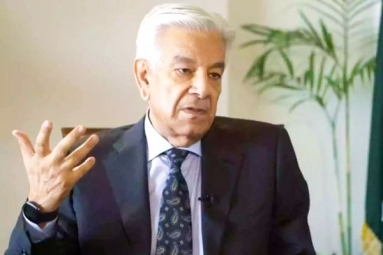
(Image source from: The New York Times)
The Trump administration has reached a settlement over the separation of migrant children and their parents at the United States border, allowing some individuals to apply for asylum in the United States, according to court documents.
Under the plan, filed late Wednesday, the administration said that while it did not plan to return any parents who have already been deported, the government would consider individual cases where that may be warranted.
The agreement, which must be approved by the federal judge in the case, stems from the U.S. President Donald Trump's "zero-tolerance" immigration policy last year that left thousands of children in detention facilities and isolated from their parents, sparking widespread disapproval.
If approved, the settlement would mark a significant step in resolving the lawsuit brought by American Civil Liberties Union (ACLU) on behalf of families separated.
Related content: Migrant Families Refusing Reunification over Dangers: ACLU
In early May Trump had sought to prosecute all adults crossing the border without authorization, including those traveling with children, but ended the family separations the next month.
The administration has said more than 2,300 migrant children were separated from their parents.
According to a report by the New York Times, the overall number of detained migrant children reached a total of 12,800 this month, citing data obtained from members of Congress. Most of those children crossed the border alone, without their parents, the newspaper reported.
It was not immediately clear how many asylum seekers the agreement would affect.
Migrants who choose not to agree to the settlement would be "promptly removed to their country of origin," according to the agreement put before the U.S. District Judge Dana Sabraw in San Diego.
The ACLU filed the suit on behalf of a mother and her 6-year-old daughter, who had fled the Democratic Republic of Congo over religious persecution and were separated after entering the United States to seek asylum.
By Sowmya Sangam



















